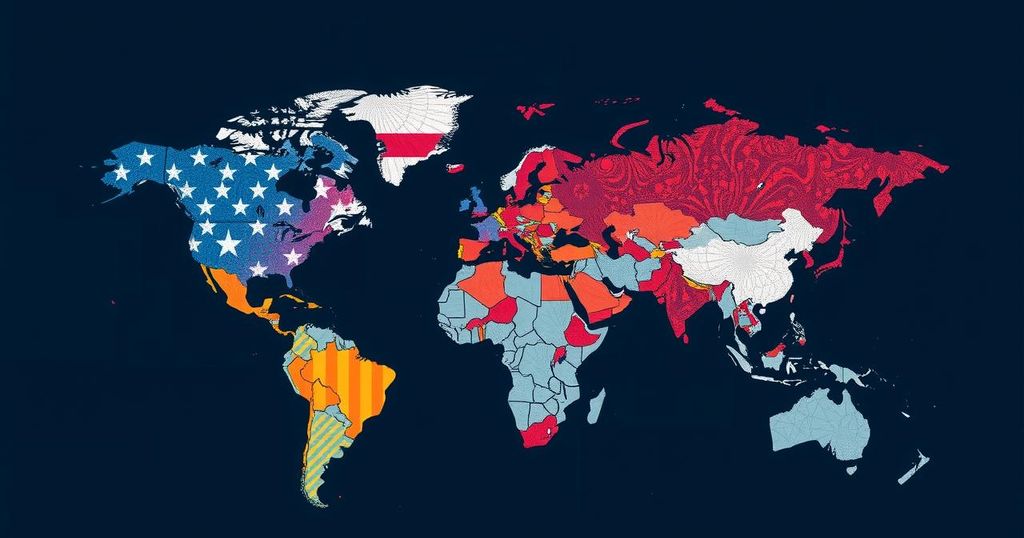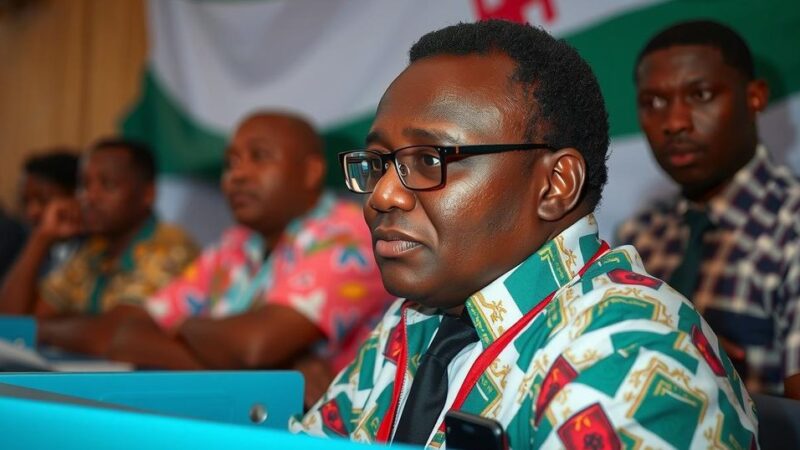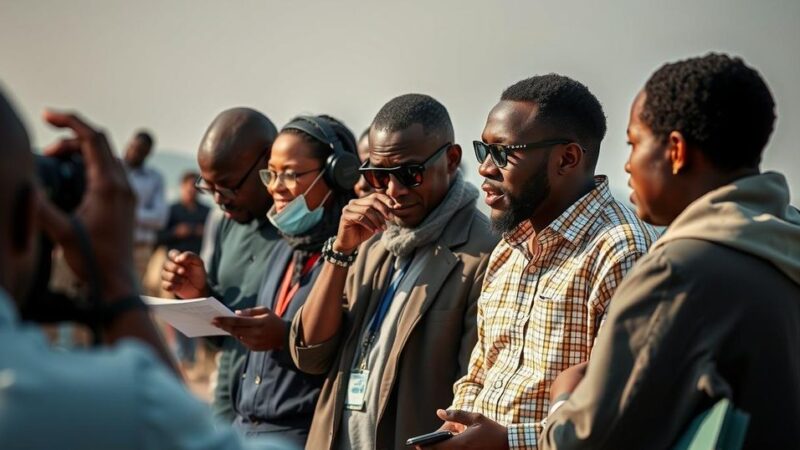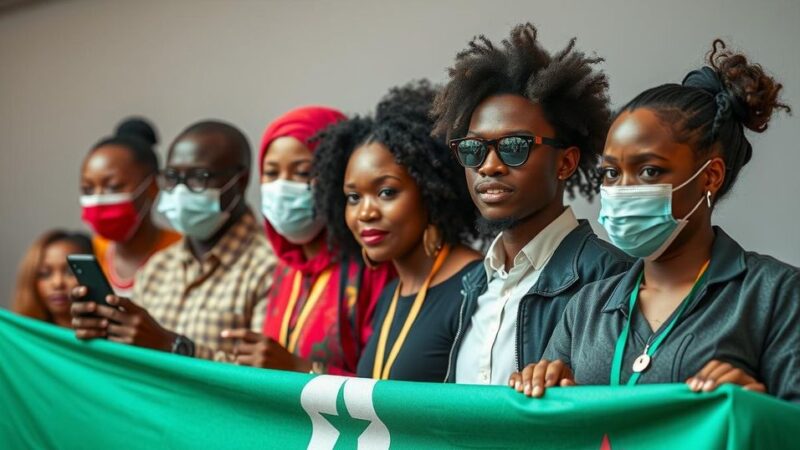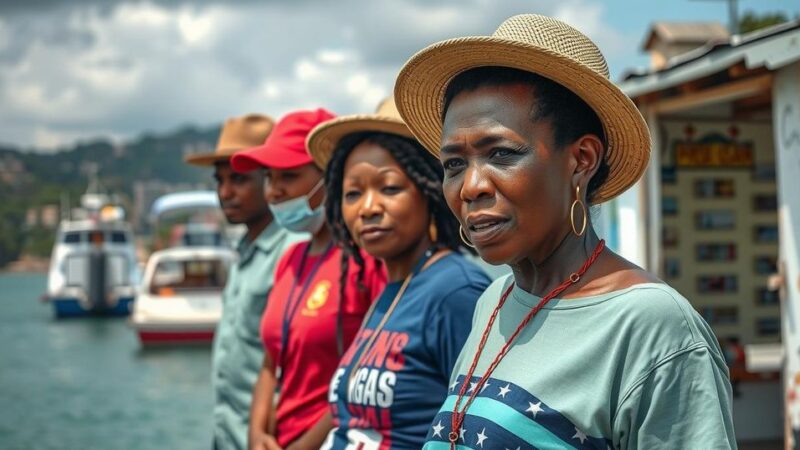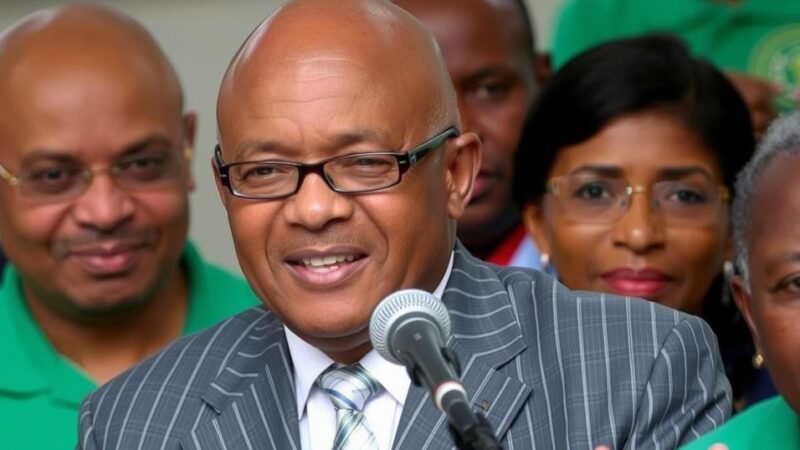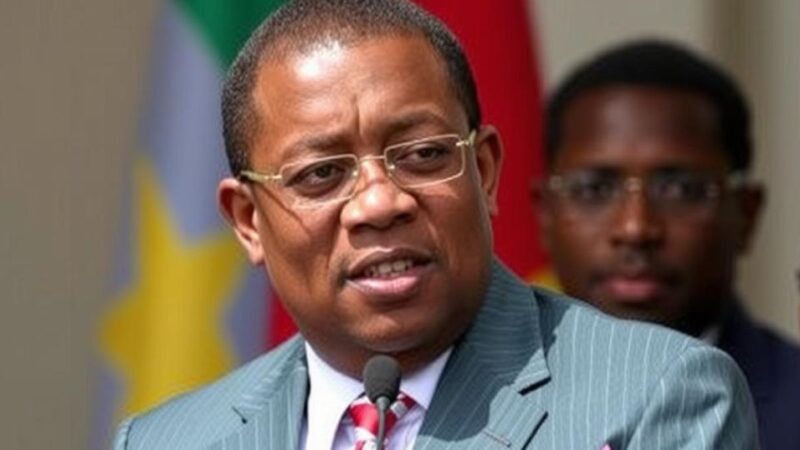The Starr Forum at MIT provided a platform for experts to discuss the global implications of the 2024 U.S. presidential election. Scholars indicated a decline in the perception of American democracy, notably among Latin American communities, and highlighted rising discontent in places like Africa towards U.S. influence. The event revealed an interconnected landscape of global political trends, emphasizing that while the world continues to observe the election, the significance attributed to it may be less than in prior years.
The 2024 United States presidential election is poised to have significant ramifications worldwide, prompting intense scrutiny from both citizens and leaders across various nations. The recent Starr Forum titled “The 2024 US Presidential Election: The World is Watching,” held at the Massachusetts Institute of Technology (MIT), aimed to explore these global perspectives. Moderated by Evan Lieberman, the director of MIT’s Center for International Studies (CIS), the event featured experts from diverse political backgrounds, who shared insights regarding their respective regions and the repercussions of the election. Katrina Burgess, a prominent political economy scholar from Tufts University, emphasized the changing perception of American democracy among the Latin American diaspora. She pointed out, “American democracy is no longer perceived as a standard bearer,” indicating a shift in how these communities relate to U.S. political candidates based on economic and social issues. Prerna Singh from Brown University provided an overview of Indian democracy, highlighting alarming trends away from democratic norms. She stated, “Indian leaders don’t confer with the press. Indian leaders don’t debate like Americans,” illustrating the stark differences in democratic engagement within India compared to the U.S. John Githongo, an expert on African politics, revealed growing disillusionment towards American influence in Africa, as he noted, “America’s soft power infrastructure in Africa is crumbling.” This decline coincides with an increase in Chinese investment and engagement on the continent. Daniel Ziblatt of Harvard University drew parallels between rising right-wing movements in Europe and the current political climate in the United States, stating, “We see the rise of the radical, antidemocratic right in Europe and it looks like shifts we’ve observed in the U.S.” The discussion highlighted a consensus among the panelists that global investment in the U.S. election may be waning. Singh remarked that India’s media is prioritizing domestic concerns over U.S. political outcomes. The dialogue also touched upon the interconnectedness of political trends, with Ziblatt asserting, “I think they’re learning from each other,” with respect to extremist behaviors. The session culminated in a robust exchange, suggesting that while the world remains observant, the relevance of the 2024 U.S. election may not carry the weight it once did in the eyes of global observers. In summary, the 2024 U.S. presidential election is being examined through various lenses worldwide as leaders and citizens assess its implications for their regions. The discussions at the Starr Forum illustrated a complex interplay of perceptions towards American democracy, geopolitical relationships, and the significance of U.S. political trends from a global perspective.
The 2024 U.S. presidential election is critical not only for domestic audiences but also for international observers who recognize its potential global repercussions. The Starr Forum at MIT brought together scholars to discuss how the world perceives this election, focusing particularly on regions such as Latin America, India, Africa, and Europe. The event aimed to uncover various perspectives on American democratic integrity, international relations, and political polarization, addressing the shifting global landscape of power and influence.
The discourse around the 2024 U.S. presidential election underscores a pivotal moment in international politics, where perceptions of American democracy are increasingly under scrutiny. Experts concur that while the election will undeniably have global implications, the intensity of global engagement with U.S. elections may be diminishing. Panelists highlighted comparative trends in political extremism and the waning influence of American soft power, suggesting a complex and evolving relationship with the U.S. as seen from abroad.
Original Source: news.mit.edu

